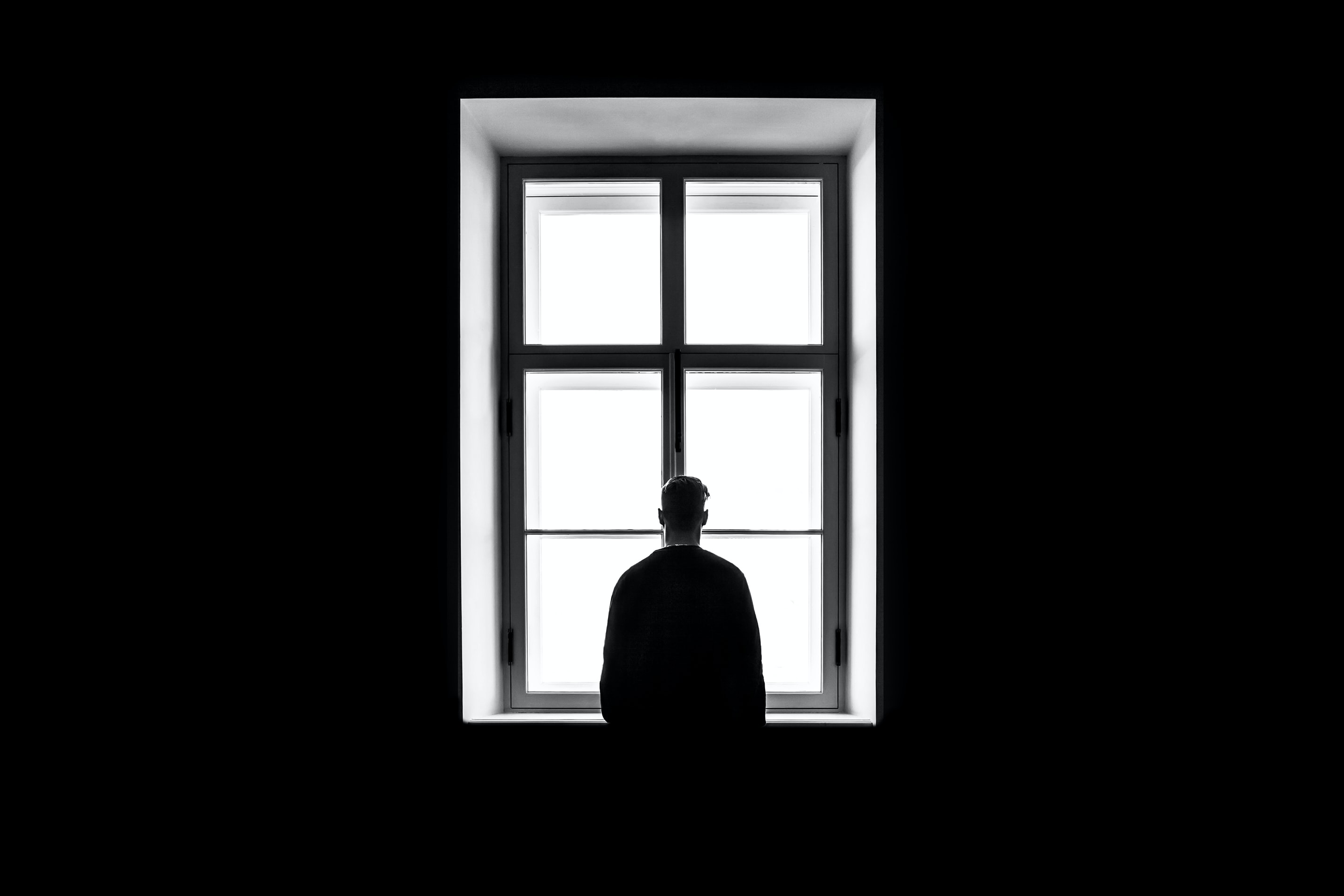
Can anybody hear me?
Or am I talking to myself?
My mind is running empty
In the search for someone else
Do you ever feel like the astronaut in the 2011 Simple Plan song?
'Cause tonight I'm feeling like an astronaut
Sending SOS from this tiny box
And I lost all signal when I lifted off
Now I'm stuck out here and the world forgot
Mind, the mental health charity, describes loneliness as “the feeling we get when our need for rewarding social contact and relationships is not met.”
It is safe to say that many of us will have experienced feelings of loneliness over the last 15 months when we were forced to stay in our homes and refrain from seeing family and friends due to the pandemic. According to the Mental Health Foundation, these short-term feelings shouldn’t harm our mental health but the longer the pandemic goes on for, the more these feelings become long-term.
So what can we do to combat loneliness?
It’s important to recognise when feelings of loneliness start to have a severe impact on our personal life. Low self-esteem, increased anxiety, stress, depression and insomnia can all result from feelings of loneliness and are an important sign that something needs to be done to help resolve it.
Sometimes even small changes in our everyday lives can help cease the negative thoughts. Keep reading to learn a few methods that may help you cope with feelings of loneliness.
1. Join a class
Whether you have more free time in the day or evening, there are classes and clubs out there to suit everyone. These can include sports like tennis or football, an exercise class like pilates or yoga, and even art or music classes. Joining a class is the perfect way to meet like-minded people who share your interests and passions. They can also help boost your confidence, improve your communication and generally keep you motivated to get out and about to meet new people. It is great to see these services start up again, but if you are wary about public gatherings, there are still many online classes to choose from and you can do them from the comfort of your own home.
2. Socialise with people
As comforting as it may feel to hide away and further isolate yourself when experiencing feelings of loneliness and anxiety, it is so important to give yourself that push to communicate with other people. The more you isolate yourself, the more stuck you may begin to feel, resulting in social anxiety and further depression. Socialising with others can be as simple as saying yes to a Zoom call, meeting someone for a coffee or going for a walk with a family member or friend.

3. Volunteer locally
Volunteering is an excellent way to meet new people while at the same time doing good for your community and in turn feeling good about yourself. If you’re stuck for ideas, try your local charity shop, sports club, animal rescue centre, recycling centre, or hospital. If your local spots have particular safety regulations in place that don’t allow for volunteers, you could even ask your neighbour if they need help with their garden or help an older relative by doing their shopping run.
4. Find solo activities you love
Loneliness is interpreted as being physically alone, but in many cases there are people who spend a lot of time alone but don’t experience loneliness. It is so important to find activities that you enjoy doing by yourself and scheduling these into your everyday life. This can be a form of self-care, and can help you gain a better understanding of yourself and what you stand for. Solo activities can range from getting creative with crafts and DIY at home or challenging yourself by learning to play an instrument or speak a new language. Golf is also a very popular activity that you can do alone, as is sitting down with a good book and reading. There is great strength in being independent, but it is also really important to reach out to others when you need help.
5. Talk to someone
It is okay to admit when the small changes you are making are having no effect on combating your loneliness. If this is the case, it may be worth reaching out and getting support from local organisations or services that can offer help. There are plenty of organisations that offer over the phone support or in-person appointments that meet current covid safety regulations. Here is a useful list of charities and services that may be able to offer guidance:
- NHS - Mental Health
- The Mental Health Foundation - Your Mental Health
- Mind - The Mental Health Charity
- Action Mental Health
- Rethink Mental Illness
- Samaritans
- Age NI
- Marmalade Trust
Remember, no one is completely alone in their loneliness. So many others understand that feeling and have shared that experience at least once in their lives. It may feel like it, but you are not alone.

